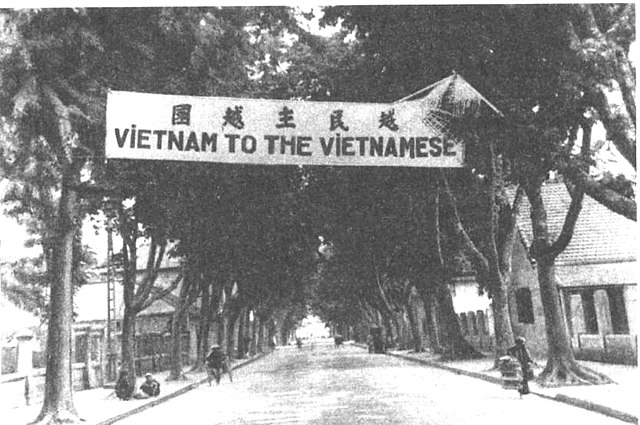Infinite photos and videos for every Wiki article ·
Find something interesting to watch in seconds
Celebrities
Great Cities
Tallest Buildings
Great Museums
Wars and Battles
Presidents
Sports
World Banknotes
Wonders of Nature
Richest US Counties
Animals
Orders and Medals
British Monarchs
Largest Palaces
Rare Coins
Crown Jewels
Famous Castles
Countries of the World
Kings of France
Great Artists
Largest Empires
Recovered Treasures
Best Campuses
Supercars
History by Country
Ancient Marvels
more top lists



